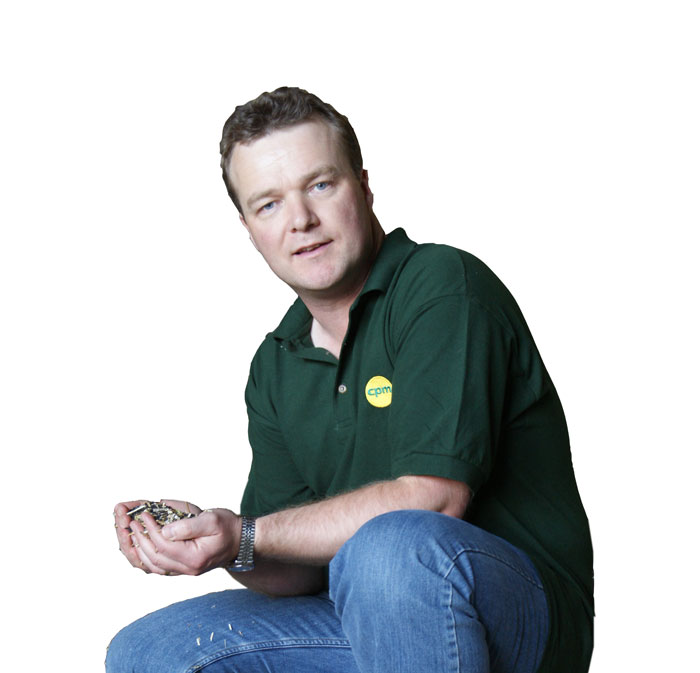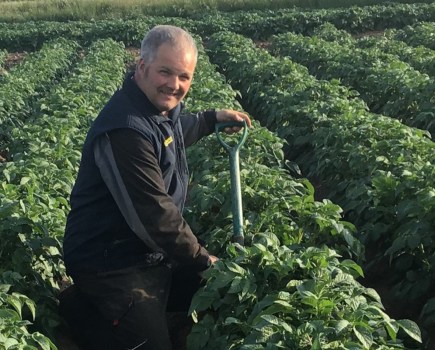Any divorce is a messy affair. Decisions aren’t based on a rational and objective approach to the best way forward. It’s a process through which years of pent-up frustration are vented in a futile and pointless attempt to belittle the other side, and it’s usually those caught in the crossfire that suffer most.
You would have thought Brexit would be handled in a more gown-up fashion. Sadly, the initial indication from the EU Commission is that it feels slighted, and where it can, it’ll make decisions that’ll hurt.
NIAB has become an early casualty. It currently carries out EU variety testing contracts commissioned directly by the Community Plant Variety Office (CPVO). But in a “shock” decision, the EC has said these will no longer be awarded to the UK after 30 March 2019.
The decision affects DUS (distinctness, uniformity and stability) testing of ornamental crop species, valued at around £600,000/yr. In a UK context, that’s not huge, but the implications could be, and it’s a worrying direction of travel.
DUS testing of ornamentals is a highly specialised job. NIAB has put a lot of investment into this expertise, and is renowned across Europe as a result. European plant breeders themselves have actually pressed the EC to allow NIAB to continue this work, since there’s currently nowhere else in the EU qualified to do it. But the EC has made its decision in a move described by NIAB chairman Jim Godfrey as “cutting off your nose to spite your face”.
And that raises worrying questions about the future of the EU common catalogues. The only agricultural plant and vegetable varieties that can be marketed throughout Europe are those that have passed DUS testing. Here in the UK, National Listing is the process that determines that. The EU common catalogues ensure any variety registered by the relevant authorities in any member state is cleared for commercial use across the EU.
It’s a sensible, rational approach that allows breeders to invest in new varieties and new breeding technologies, in any specific member state, safe in the knowledge they can recover their investment through commercialisation across the whole of the EU. And it works. Surely no institution would therefore want to direct a wrecking ball at a process that clearly encourages innovation and progress?
But that’s exactly what the EC has done. It has to be said, DUS testing for most varieties, including combinable crops, is handled differently to ornamentals. It’s decided on a national basis, so inclusion in the common catalogue is independent of direct EC intervention, through the CPVO.
However, it’s a clear indication that the EC is resolute in its determination to protect what it perceives as its interests, even if that means making it hard for innovators within the EU to progress. It’s an inherent weakness in the system that has always stifled innovation.
Hopefully, we have a healthier attitude towards progress in the UK, and Brexit will allow us to explore this potential. The opportunity is to lead by example, to demonstrate and make clear the benefits, and to help usher in across Europe a new attitude to innovation. The fear is that EU commissioners will be so clouded by the emotive aspects of this Brexit divorce, they will fail to act on the tangible positives.




